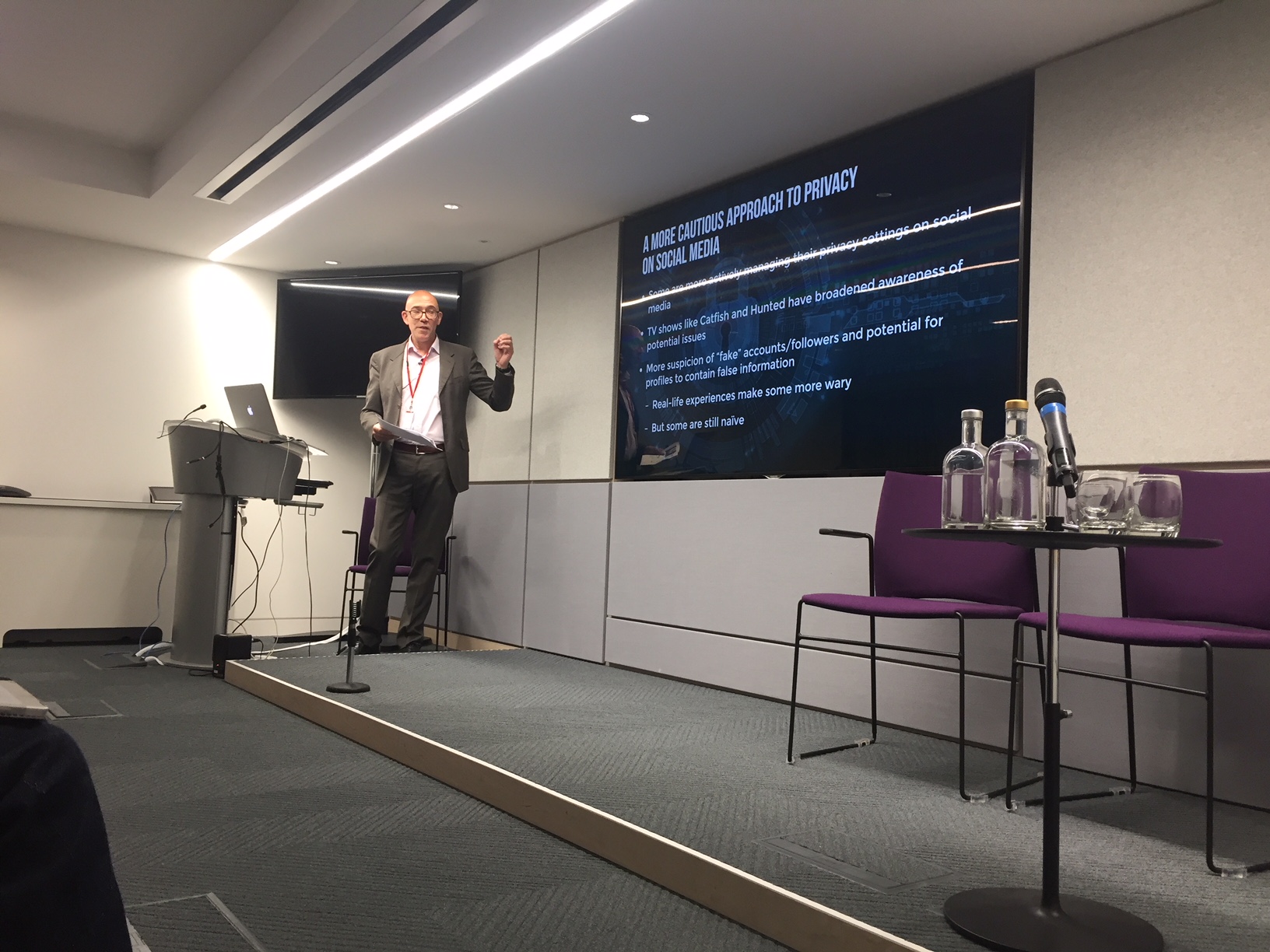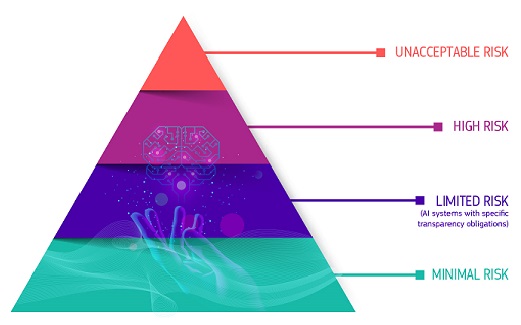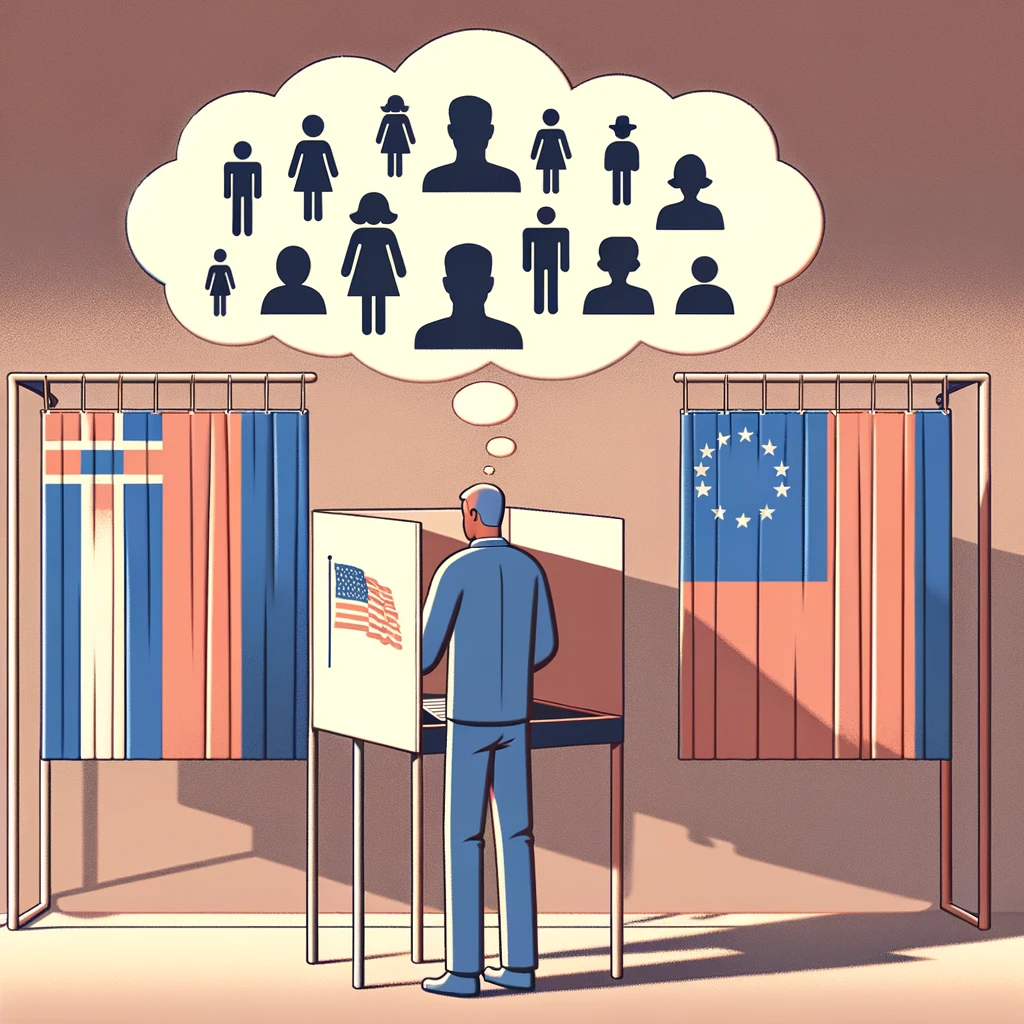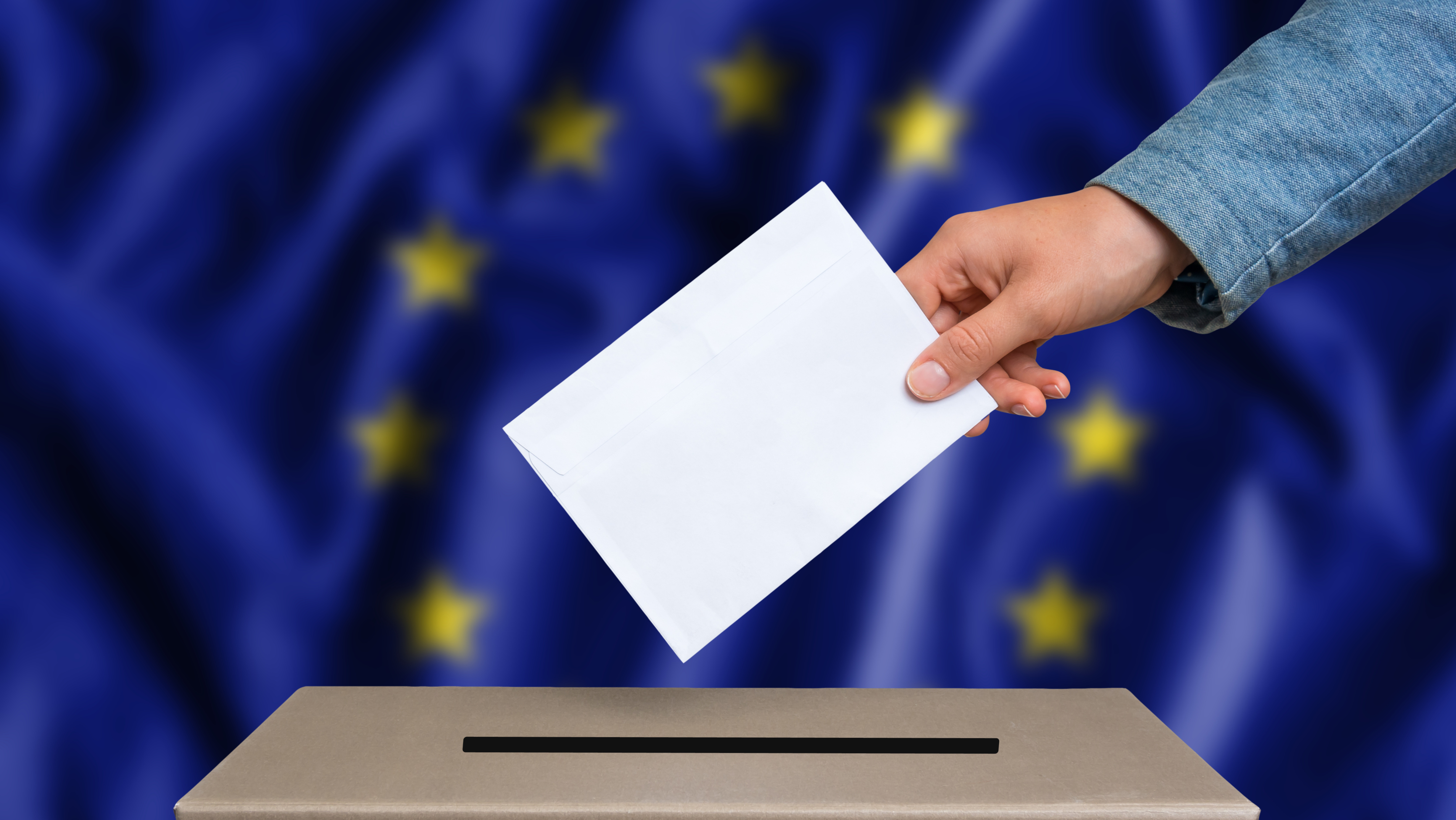London 13 July, 2018

EAVI was lucky enough to be invited to attend UK digital watchdog, Ofcom’s annual Adults’ Media literacy Event in London.
The event began with presentations by Jessica Rees, who explained Ofcom’s adult media literacy tracker when looking at the digital divide – namely, those who are online and those who are not. The clearest indicators were those not just relating to socioeconomic group, but also age. Older respondents were more likely to not use computers for anything at all, and the reason most often cited? “It’s not for people like me?”
Mark Ellis from the Knowledge Agency presented their results from their ongoing qualitative survey – Media Lives. The interviews taken over a period of 13 years have become a video archive of the growing importance of digital access and inclusion in modern life.
James Richards of the Good Things Foundation work on the “front line”, in community centres. Their studies have confirmed the findings of other organisations – which is that most over-65s consider the internet and digital technology to their everyday lives. Furthermore, they found that the level of education had a greater impact on their digital uptake than their age.
Some surveys found that half of adults couldn’t spot an advert even when it was clearly labelled an advert. Therefore, even of those individuals who are online, and who are technically literate, there was no guarantee that that equalled media literacy. It was also noted that the impact of the Cambridge Analytica Scandals will not be known until October when the next round of qualitative and quantitive data will be gathered.
Douglas White of Carnegie UK found that age was a significantly higher indicator of media literacy competences than gender, and that, generally speaking, when it came to digital skills, individuals tended to stay within their area of competence.
Luke Perry of Jigsaw Research presented research that indicated that the ubiquity of news, and aggressive selling tactics has created a passive audience among whom attention is a scarce resource. This, coupled with the Brexit Referendum and various media and political scandals, have eroded trust with the establishment and the media and created a cynical audience.
All news outlets were considered untrustworthy and biased to at least some degree, while other outlets were considered divisive and nasty. Meanwhile, echo-chamber effects were not just the result of algorithms, but also human nature – individuals tended to flock to people they had views, political leanings and lifestyles with.
Nic Newman of the Reuters Trust discussed the fact that how the news is accessed has an impact on coverage, subject and trust, which is to say, the passivity of audiences mean that the news is now easily forgettable. In order to be memorable, partisanship in news outlets has increased.
Trust levels do not improve when audiences are more news literate, though news literate audiences are more likely to be influenced by brand, not likes and shares. Generally speaking, audiences want more nuance and balance in their news sources.
London 13 July, 2018

EAVI was lucky enough to be invited to attend UK digital watchdog, Ofcom’s annual Adults’ Media literacy Event in London.
The event began with presentations by Jessica Rees, who explained Ofcom’s adult media literacy tracker when looking at the digital divide – namely, those who are online and those who are not. The clearest indicators were those not just relating to socioeconomic group, but also age. Older respondents were more likely to not use computers for anything at all, and the reason most often cited? “It’s not for people like me?”
Mark Ellis from the Knowledge Agency presented their results from their ongoing qualitative survey – Media Lives. The interviews taken over a period of 13 years have become a video archive of the growing importance of digital access and inclusion in modern life.
James Richards of the Good Things Foundation work on the “front line”, in community centres. Their studies have confirmed the findings of other organisations – which is that most over-65s consider the internet and digital technology to their everyday lives. Furthermore, they found that the level of education had a greater impact on their digital uptake than their age.
Some surveys found that half of adults couldn’t spot an advert even when it was clearly labelled an advert. Therefore, even of those individuals who are online, and who are technically literate, there was no guarantee that that equalled media literacy. It was also noted that the impact of the Cambridge Analytica Scandals will not be known until October when the next round of qualitative and quantitive data will be gathered.
Douglas White of Carnegie UK found that age was a significantly higher indicator of media literacy competences than gender, and that, generally speaking, when it came to digital skills, individuals tended to stay within their area of competence.
Luke Perry of Jigsaw Research presented research that indicated that the ubiquity of news, and aggressive selling tactics has created a passive audience among whom attention is a scarce resource. This, coupled with the Brexit Referendum and various media and political scandals, have eroded trust with the establishment and the media and created a cynical audience.
All news outlets were considered untrustworthy and biased to at least some degree, while other outlets were considered divisive and nasty. Meanwhile, echo-chamber effects were not just the result of algorithms, but also human nature – individuals tended to flock to people they had views, political leanings and lifestyles with.
Nic Newman of the Reuters Trust discussed the fact that how the news is accessed has an impact on coverage, subject and trust, which is to say, the passivity of audiences mean that the news is now easily forgettable. In order to be memorable, partisanship in news outlets has increased.
Trust levels do not improve when audiences are more news literate, though news literate audiences are more likely to be influenced by brand, not likes and shares. Generally speaking, audiences want more nuance and balance in their news sources.
London 13 July, 2018

EAVI was lucky enough to be invited to attend UK digital watchdog, Ofcom’s annual Adults’ Media literacy Event in London.
The event began with presentations by Jessica Rees, who explained Ofcom’s adult media literacy tracker when looking at the digital divide – namely, those who are online and those who are not. The clearest indicators were those not just relating to socioeconomic group, but also age. Older respondents were more likely to not use computers for anything at all, and the reason most often cited? “It’s not for people like me?”
Mark Ellis from the Knowledge Agency presented their results from their ongoing qualitative survey – Media Lives. The interviews taken over a period of 13 years have become a video archive of the growing importance of digital access and inclusion in modern life.
James Richards of the Good Things Foundation work on the “front line”, in community centres. Their studies have confirmed the findings of other organisations – which is that most over-65s consider the internet and digital technology to their everyday lives. Furthermore, they found that the level of education had a greater impact on their digital uptake than their age.
Some surveys found that half of adults couldn’t spot an advert even when it was clearly labelled an advert. Therefore, even of those individuals who are online, and who are technically literate, there was no guarantee that that equalled media literacy. It was also noted that the impact of the Cambridge Analytica Scandals will not be known until October when the next round of qualitative and quantitive data will be gathered.
Douglas White of Carnegie UK found that age was a significantly higher indicator of media literacy competences than gender, and that, generally speaking, when it came to digital skills, individuals tended to stay within their area of competence.
Luke Perry of Jigsaw Research presented research that indicated that the ubiquity of news, and aggressive selling tactics has created a passive audience among whom attention is a scarce resource. This, coupled with the Brexit Referendum and various media and political scandals, have eroded trust with the establishment and the media and created a cynical audience.
All news outlets were considered untrustworthy and biased to at least some degree, while other outlets were considered divisive and nasty. Meanwhile, echo-chamber effects were not just the result of algorithms, but also human nature – individuals tended to flock to people they had views, political leanings and lifestyles with.
Nic Newman of the Reuters Trust discussed the fact that how the news is accessed has an impact on coverage, subject and trust, which is to say, the passivity of audiences mean that the news is now easily forgettable. In order to be memorable, partisanship in news outlets has increased.
Trust levels do not improve when audiences are more news literate, though news literate audiences are more likely to be influenced by brand, not likes and shares. Generally speaking, audiences want more nuance and balance in their news sources.






















































































































































